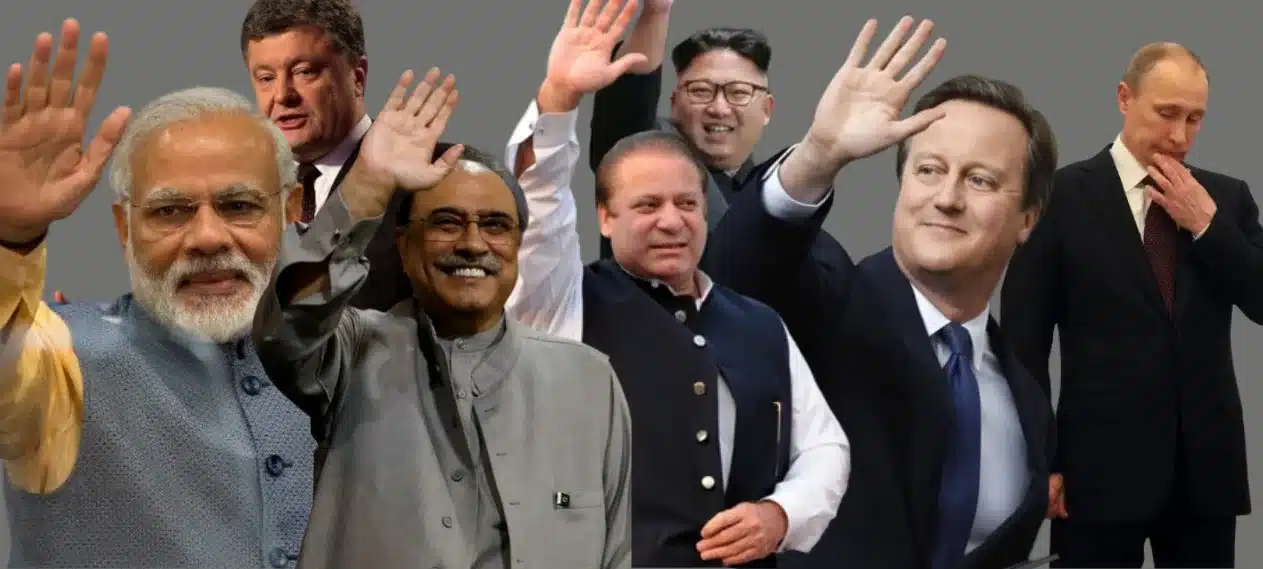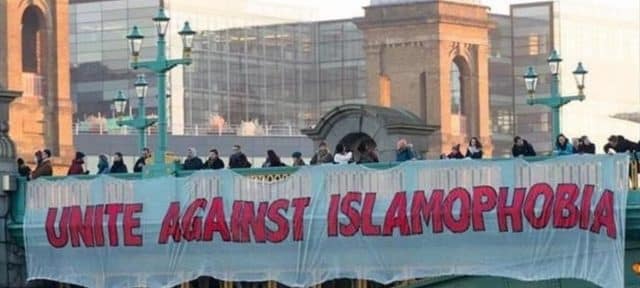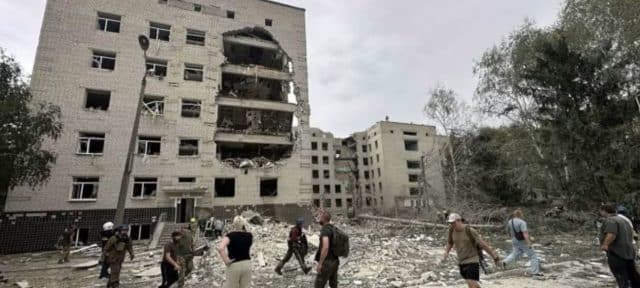Corruption is a global issue that affects nations regardless of their development status. From siphoning public funds to manipulating laws for personal gain, the following list highlights some of the most notoriously corrupt politicians in recent history. This article aims to shed light on their actions and the consequences that followed.
1. Nicolas Maduro (Venezuela)
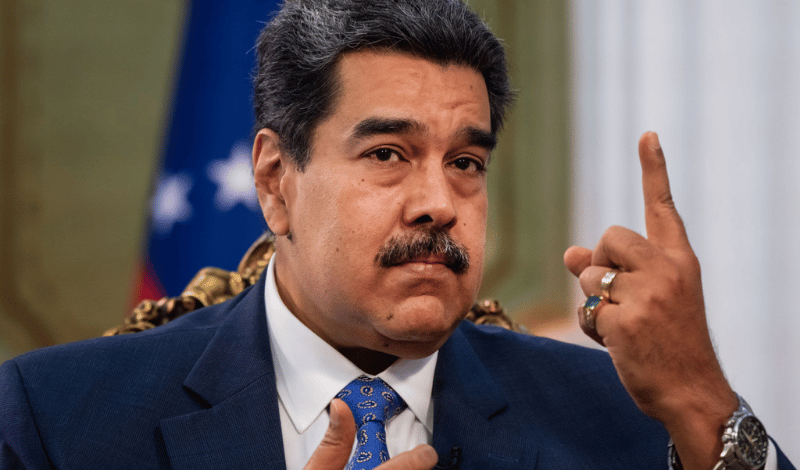
Nicolas Maduro, the President of Venezuela, is often cited as one of the most corrupt politicians in the world. Under his leadership, Venezuela has experienced severe economic collapse, hyperinflation, and a humanitarian crisis. Accusations against Maduro include embezzlement of public funds, drug trafficking, and election rigging.
2. Vladimir Putin (Russia)
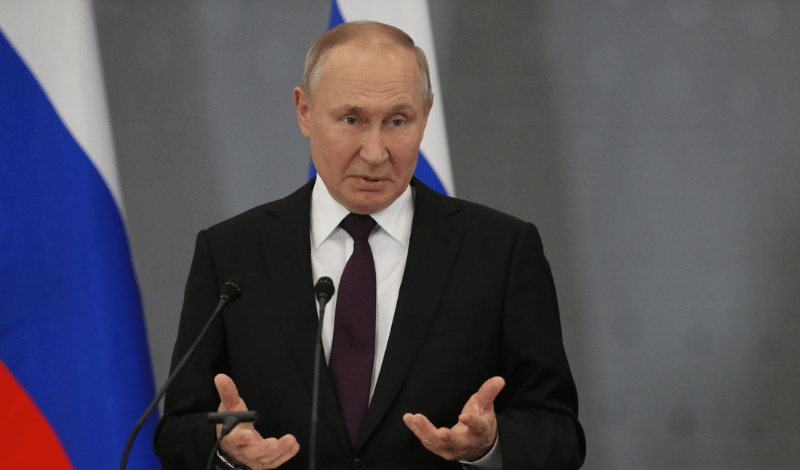
Vladimir Putin, the President of Russia, has been embroiled in numerous corruption scandals. Allegations include amassing a vast personal fortune, using state resources for personal gain, and silencing political opponents. His tenure has been marked by a crackdown on dissent and manipulation of the legal system to maintain power.
3. Jacob Zuma (South Africa)
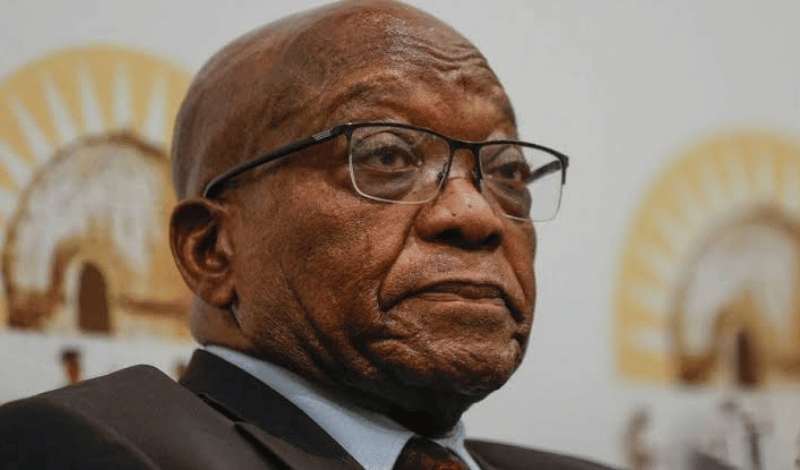
Jacob Zuma, the former President of South Africa, faced numerous corruption charges during his presidency. His involvement in the infamous Gupta scandal, where he allegedly allowed a wealthy family to influence state affairs, led to widespread public outrage and his eventual resignation.
4. Hosni Mubarak (Egypt)

Hosni Mubarak, the former President of Egypt, was ousted during the Arab Spring in 2011. His regime was characterized by extensive corruption, including embezzlement, abuse of power, and human rights violations. Mubarak and his family were accused of amassing billions of dollars through corrupt means.
5. Sani Abacha (Nigeria)
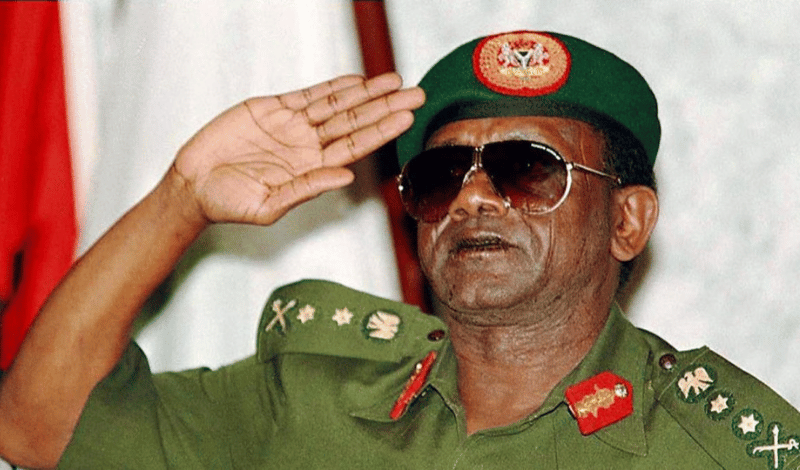
General Sani Abacha, who ruled Nigeria from 1993 until he died in 1998, is infamous for his corrupt practices. He is believed to have looted billions of dollars from Nigeria’s treasury, depositing the funds in foreign bank accounts. His regime was marked by human rights abuses and economic mismanagement.
6. Silvio Berlusconi (Italy)
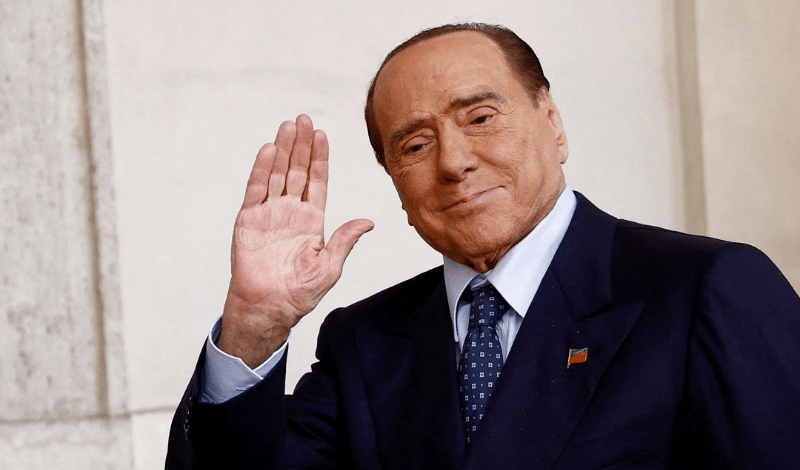
Silvio Berlusconi, the former Prime Minister of Italy, has faced numerous corruption charges throughout his political career. Accusations against him include tax fraud, bribery, and abuse of office. Despite his legal troubles, Berlusconi has remained a prominent figure in Italian politics.
7. Robert Mugabe (Zimbabwe)
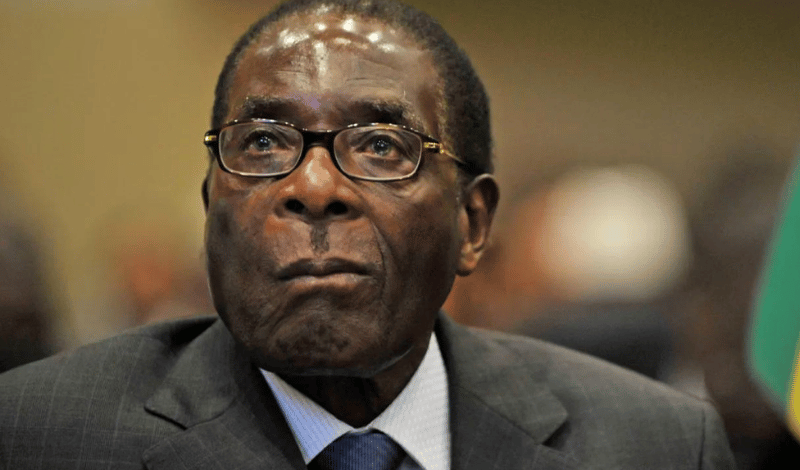
Robert Mugabe, the former President of Zimbabwe, was known for his authoritarian rule and corrupt practices. His policies led to economic ruin, hyperinflation, and widespread poverty. Mugabe and his inner circle were accused of embezzling state funds and engaging in illicit diamond trade.
8. Park Geun-hye (South Korea)
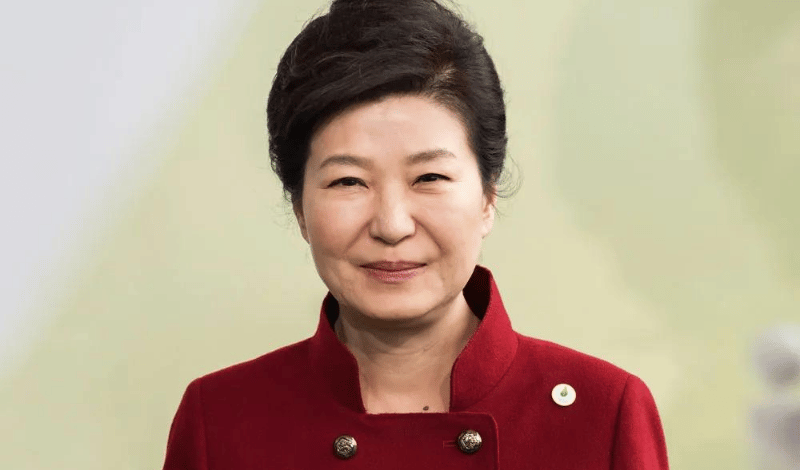
Park Geun-hye, the former President of South Korea, was impeached and subsequently imprisoned on charges of corruption. She was found guilty of colluding with a close confidante to extort millions of dollars from businesses and accepting bribes in exchange for political favors.
9. Ferdinand Marcos (Philippines)
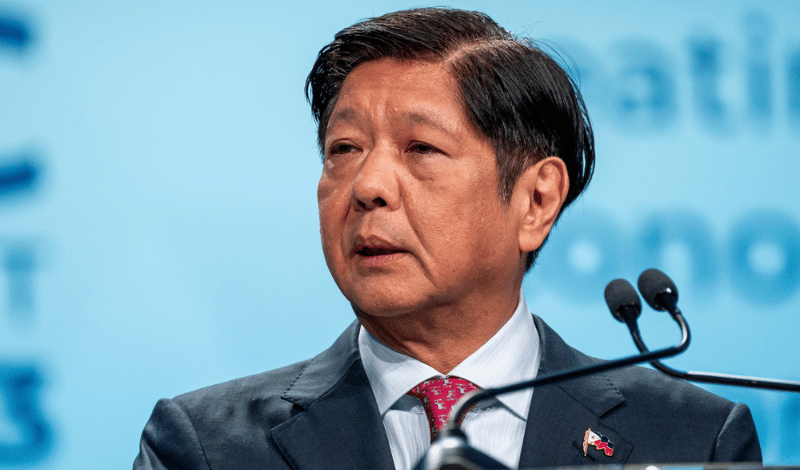
Ferdinand Marcos, the former President of the Philippines, is one of the most infamous examples of political corruption. His regime was marked by massive embezzlement of state funds, human rights abuses, and martial law. Marcos and his wife Imelda accumulated immense wealth while the country suffered economically.
10. Recep Tayyip Erdoğan (Turkey)
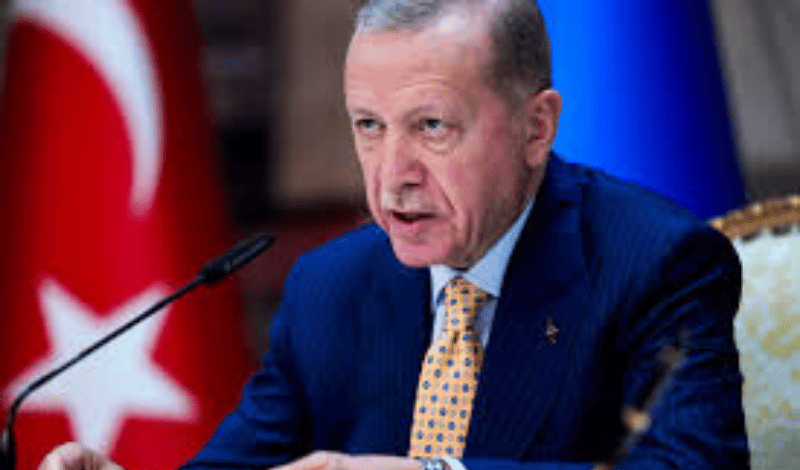
Recep Tayyip Erdoğan, the President of Turkey, has been accused of various forms of corruption, including nepotism, cronyism, and misuse of state resources. His government has been criticized for suppressing free speech, jailing journalists, and undermining the judiciary to consolidate power.
Conclusion
Corruption undermines democracy, hampers economic development, and erodes public trust in government. The politicians listed above represent some of the most egregious examples of corrupt leadership in recent history. Addressing and combating corruption requires transparency, accountability, and the collective effort of the global community.
By highlighting these cases, we hope to raise awareness and encourage actions that lead to more ethical governance worldwide.


